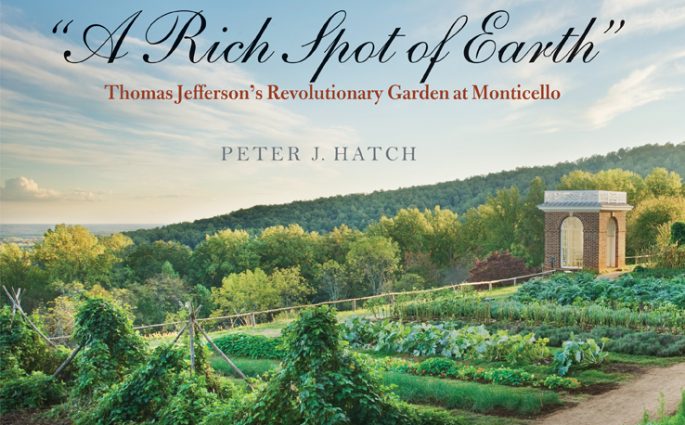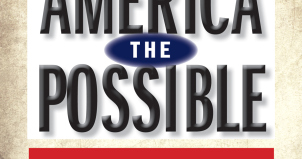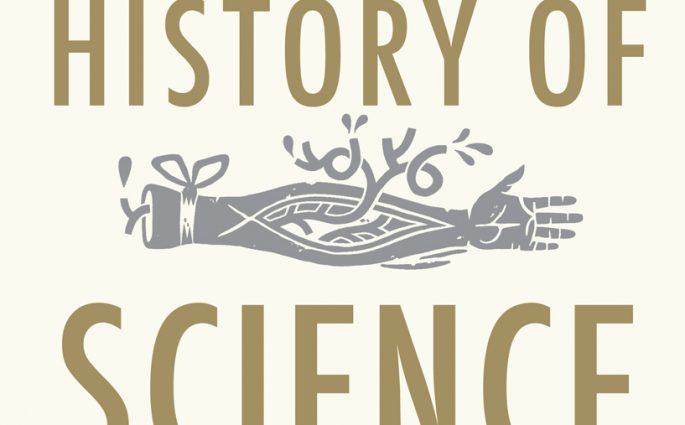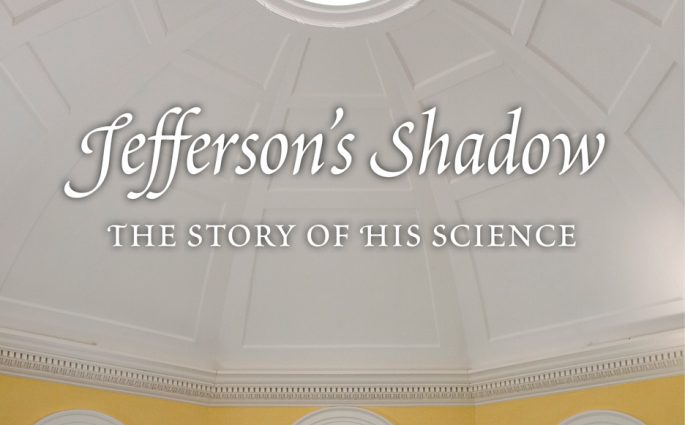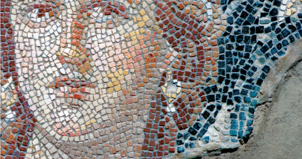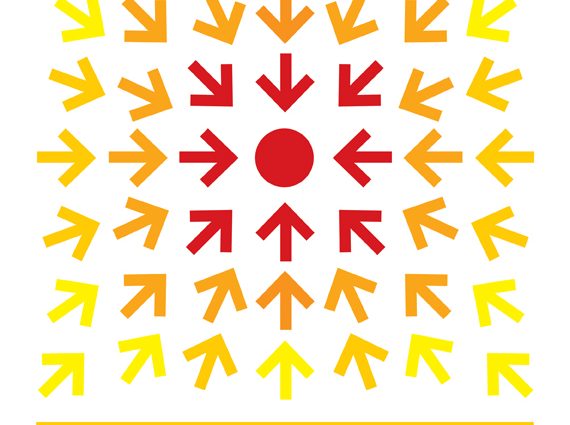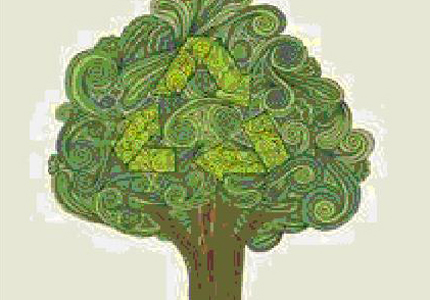The Thomas Jefferson “A Rich Spot of Earth” Quiz
Follow @yaleSCIbooks “If heaven had given me choice of my position and calling, it should have been on a rich spot of earth, well watered, and near a good market…” – Thomas Jefferson, 1811 Thomas Jefferson was passionate about horticulture and his gardens at his home in Monticello. Peter J.

